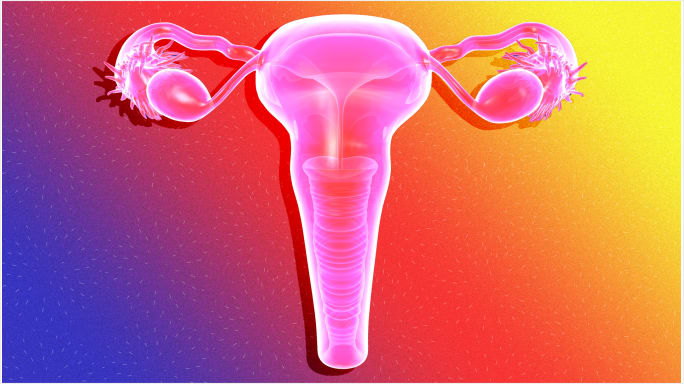Drew Barrymore has recently joined the list of female celebrities who have taken a stand and spoken up about their experiences with postpartum depression (PPD). The actress spoke to People Magazine about her battle with the illness following the birth of her second child, Frankie, who is now 18 months old. Though Barrymore didn’t experience postpartum with her first child, she still felt the full weight of the illness the second time around, saying that, “It’s a different type of overwhelming with the second. I really got under the cloud.”
Barrymore described her experience with PPD as “short-lived, probably six months,” but says the experience helped her understand what other mothers are going through, as well as to appreciate the time she has with her daughters. “I didn’t have postpartum the first time, so I didn’t understand it because I was like, ‘I feel great!’” she says. “The second time, I was like, ‘Oh, whoa, I see what people talk about now. I understand.'”
Other celebrity moms who have shared about their struggles with postpartum include Brooke Shields, Courteney Cox, and Hayden Panettiere, who just recently voluntarily checked herself into a treatment center to receive professional help for her postpartum depression.
Postpartum depression can be defined as a severe and long-lasting depression in a woman after she gives birth to a child. Symptoms of postpartum can include severe mood swings, a sense of hopelessness, loss of appetite, and difficulty bonding with the baby. Approximately 11-20% of all women who give birth each year (about 900,000 including stillbirths and miscarriages) will experience symptoms of PPD. Although like many mental illnesses, there is no absolute cure for PPD, it can be treated with things like prescriptions, counseling, and hormone therapy.
With only 15% of women (about 850,000) getting professional treatment for PPD, this boost in celebrities being open and honest about their experiences is something that gives hope to the community that more women can begin speaking up and asking for help with their depression.
Cover image courtesy of Shutterstock.




comments